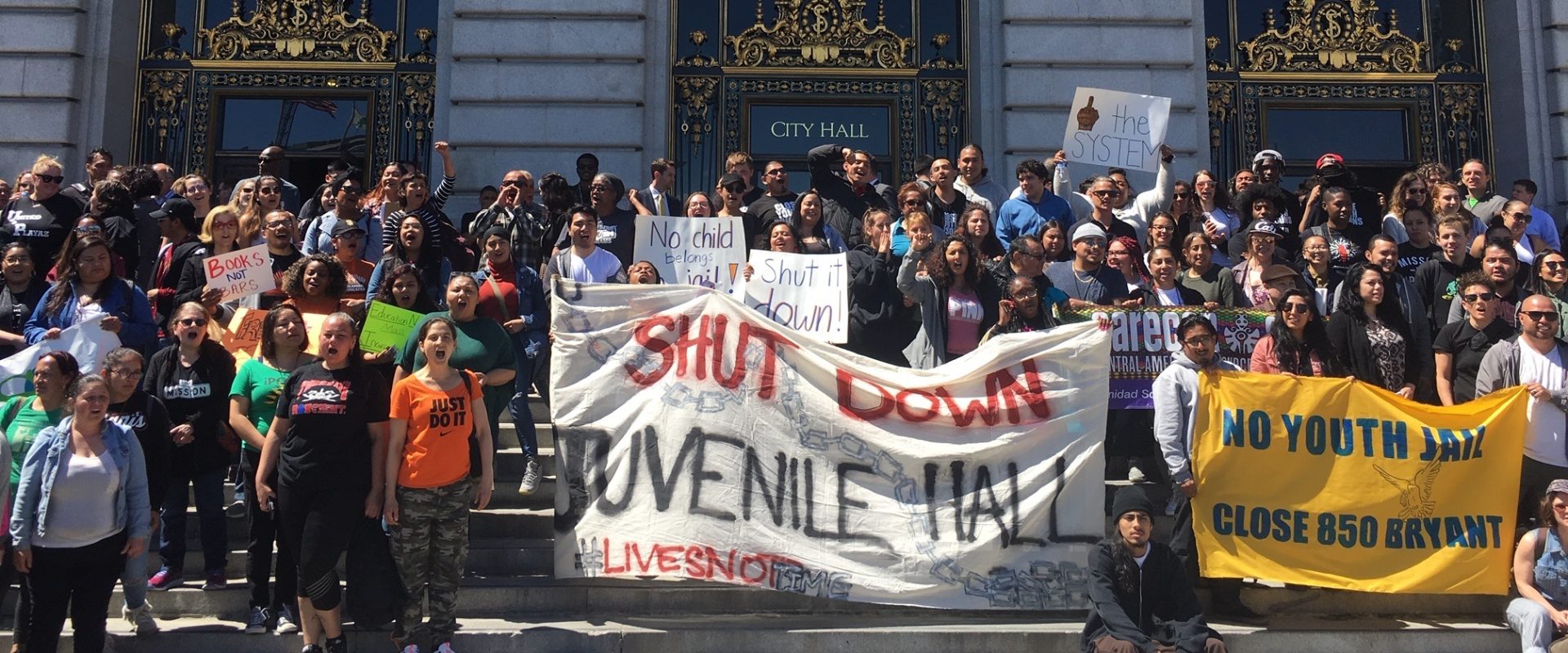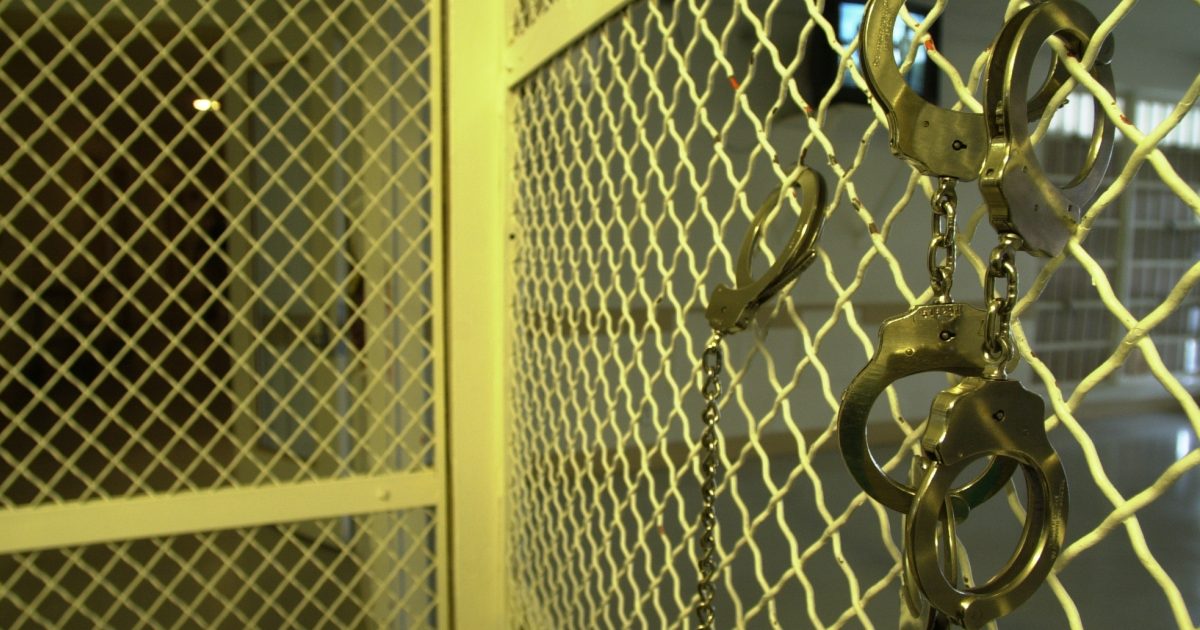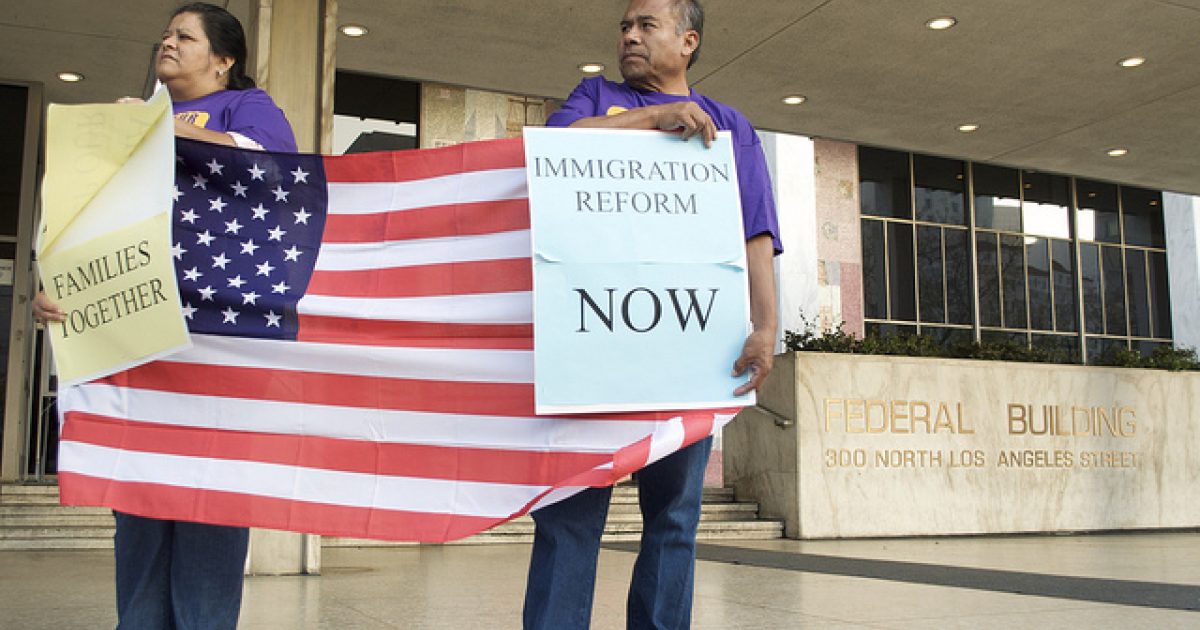Blog Aug 15, 2013
Guns: a Reign of Terror
In his latest book, Tom Diaz, a former gun enthusiast and an ex-member of the National Rifle Association, the first chapter is appropriately called “A Reign of Terror.” How true this is, as the data he presents show.
Blog Aug 15, 2013
Why the Gigantic, Decades-Long Drop in Black Youth Crime Threatens Major Interests
How can such an encouraging development as a massive drop in youth crime be treated as such bad news that no one will even talk about it? It’s worse than that: politicians, crime lobbies, and the news media needs black youths to be murderous thugs.
Statistical bigotry is just bigotry. Though selectively applied to create fear toward young black men, it can be used to stigmatize any group in society, as illustrated here.
Another change in management at Ventura Youth Correctional Facility casts doubt on reform success.
According to a new CJCJ report, California’s counties have spent significant resources and jail capacity, often at their own expense, to detain suspected undocumented immigrants who do not have a reported criminal history. Yet if this population is notably law-abiding, why are so many of them in our local jails?


